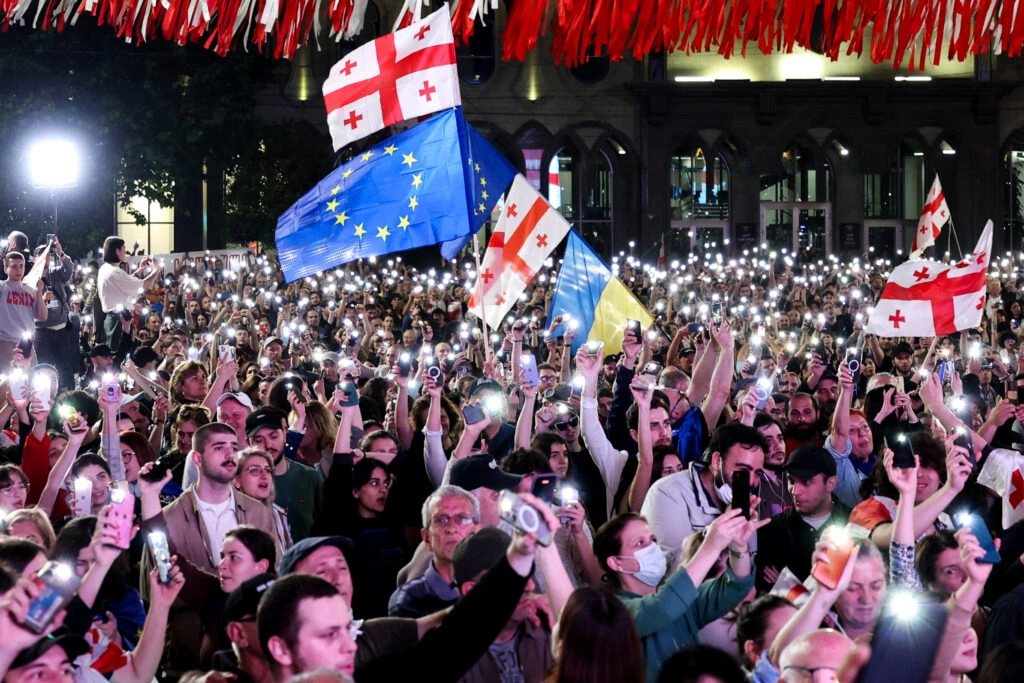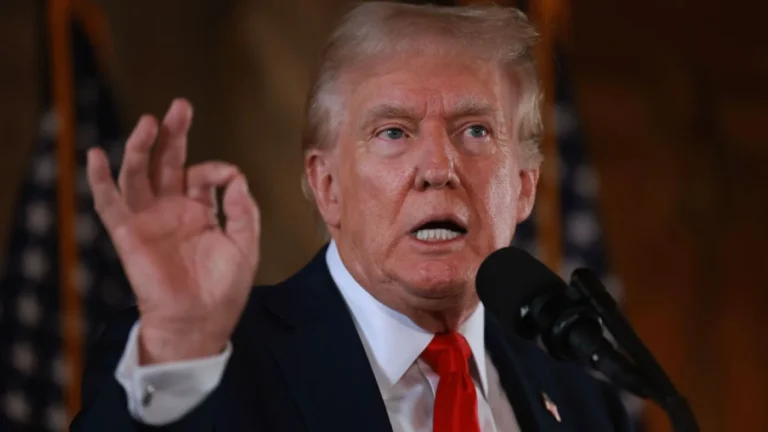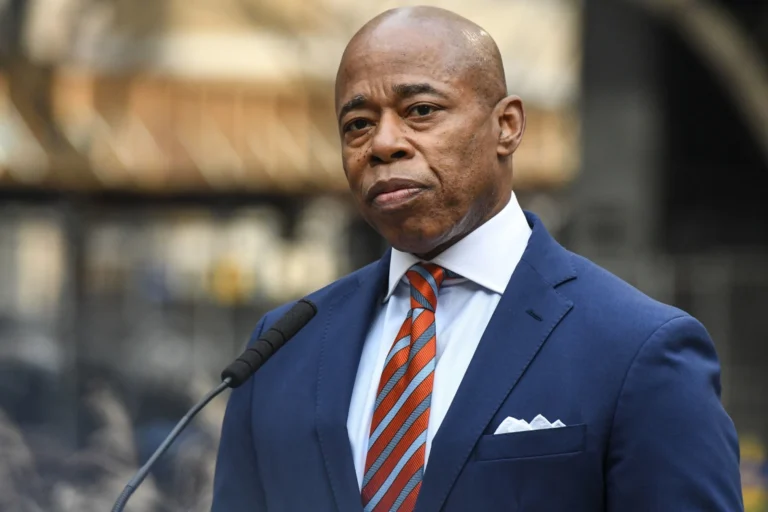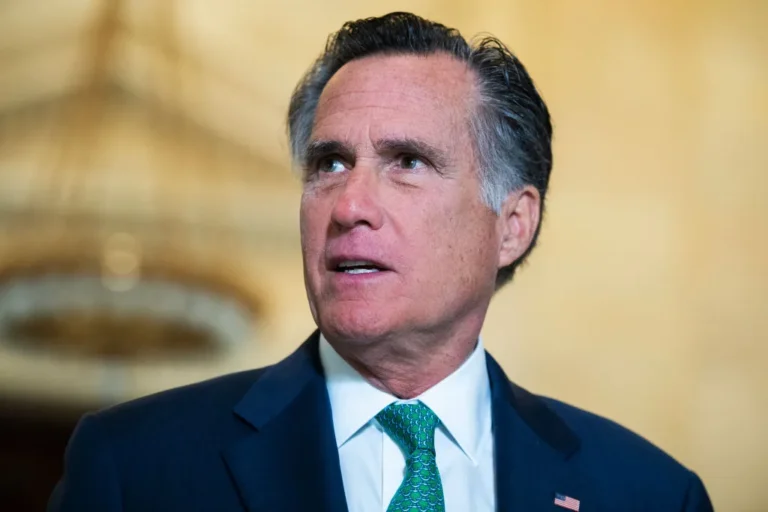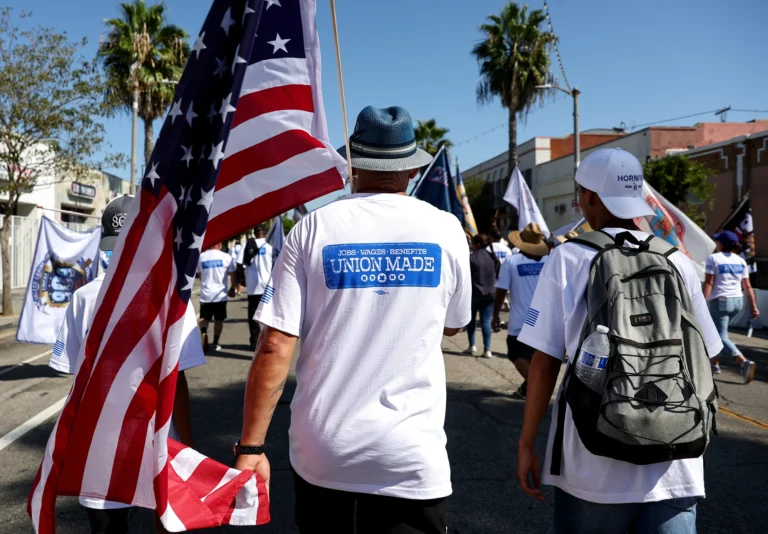Georgian Opposition Mobilizes for Mass Protests, EU Calls for Inquiry into Disputed Election Results
The recent parliamentary election in Georgia has ignited significant political unrest, with the opposition mobilizing for large-scale demonstrations in response to what they claim are deeply flawed electoral practices. These claims, if substantiated, could have serious ramifications for Georgia’s democratic institutions and its pursuit of European Union membership. The governing Georgian Dream party declared victory, yet this outcome has met with widespread skepticism among opposition leaders and international observers alike.
The European Union, alarmed by reported irregularities in the voting process, has demanded a comprehensive investigation to maintain transparency and public trust in Georgia’s electoral system. The EU’s insistence on transparency comes amid longstanding concerns over the integrity of democratic processes in the nation, which is seen as a critical player in the broader geopolitical landscape between the West and Russia. EU Council President Charles Michel made an unequivocal call for Georgian authorities to undertake an “immediate, transparent, and independent” review of the alleged electoral violations, emphasizing the urgency of the situation.
These developments unfold as the ruling Georgian Dream party faces mounting criticism for allegedly aligning the country’s trajectory closer to Moscow. While Georgia has historically sought closer relations with the EU and NATO, recent shifts in rhetoric and policy from Georgian Dream have raised fears that the nation is drifting into Russia’s sphere of influence. Georgian President Salome Zurabishvili, who holds pro-Western views, has explicitly accused Russia of meddling in the electoral process, calling it a “Russian special operation” aimed at subverting Georgia’s sovereignty.
Zurabishvili’s comments underscore the heightened tensions between those advocating for a Western-aligned path and factions perceived as fostering pro-Russian sentiments. She has joined forces with the country’s main opposition leader and former president, Mikheil Saakashvili, who is currently imprisoned, in calling for protests against what they describe as a “rigged” election. Saakashvili, a former leader of the 2003 Rose Revolution that brought democratic reforms to Georgia, has been a vocal opponent of the current administration. From his prison cell, he urged opposition legislators to renounce their seats in parliament as an act of resistance and to unite with the public in peaceful protest. His statements reflect a desire to rally citizens under a common cause against perceived injustices, calling on them to “stand for freedom” and send a message that Georgians “will not tolerate injustice.”
As thousands prepare to take to the streets, US Secretary of State Antony Blinken has voiced support for a transparent inquiry into the election. Blinken’s comments echo concerns raised by international observers who monitored the election and noted the presence of “vote buying,” “voter intimidation,” and “ballot box stuffing.” Observers highlighted a tense atmosphere and described the electoral landscape as heavily skewed in favor of the ruling party, leading to an “uneven playing field” that stifles genuine democratic participation.
The preliminary results announced by Georgian Dream show the ruling party securing around 54% of the vote, giving it 91 of the 150 parliamentary seats—enough to maintain control but insufficient to make unilateral constitutional amendments. Prime Minister Irakli Kobakhidze, a member of Georgian Dream, heralded the outcome as an “impressive victory” that affirms his party’s mandate to govern, while dismissing the opposition’s protests as attempts to “undermine the constitutional order.”
Interestingly, the ruling party received congratulatory remarks from Hungarian Prime Minister Viktor Orban, who has a contentious relationship with the EU over his own country’s democratic practices. Orban’s support underscores the ideological alignment between certain EU leaders and Georgian Dream, even as the broader European bloc calls for reforms and greater accountability within Georgia’s political system.
Georgian Dream’s recent campaign strategies have only deepened concerns over the country’s drift from the West. The party’s messaging incorporated anti-Western rhetoric, accusing Western powers of attempting to embroil Georgia in a “global war” with Russia. In addition, Georgian Dream’s policies on LGBTQ rights and civil liberties have raised alarms domestically and internationally. The party has advocated for restrictive measures that many see as attempts to limit individual freedoms and align more closely with Russia’s socially conservative policies.
The current political turmoil may further delay Georgia’s aspirations for EU integration. European leaders have warned that transparent democratic processes are a prerequisite for membership in the bloc, a prospect Georgian citizens largely support. However, Georgian Dream’s approach threatens to erode the foundations of democracy within the country, putting its EU bid in jeopardy.
Political analysts have expressed concern over the nation’s future, noting that Georgia finds itself at a crucial juncture where the legitimacy of its democratic institutions is under intense scrutiny. If the government does not address the allegations of electoral malpractice, the situation could escalate into an extended political crisis, with potential for long-term repercussions on Georgia’s foreign policy orientation and democratic integrity.
As Georgia’s citizens prepare for mass protests, the international community will be closely watching the government’s response. The opposition, now galvanized by high-profile figures like Zurabishvili and Saakashvili, hopes to keep pressure on the ruling party. The coming weeks will be critical in determining whether Georgia can uphold its democratic values or if it will succumb to internal and external forces pulling it toward authoritarianism. The stakes are high, and the choices made now could shape Georgia’s political landscape for years to come.
